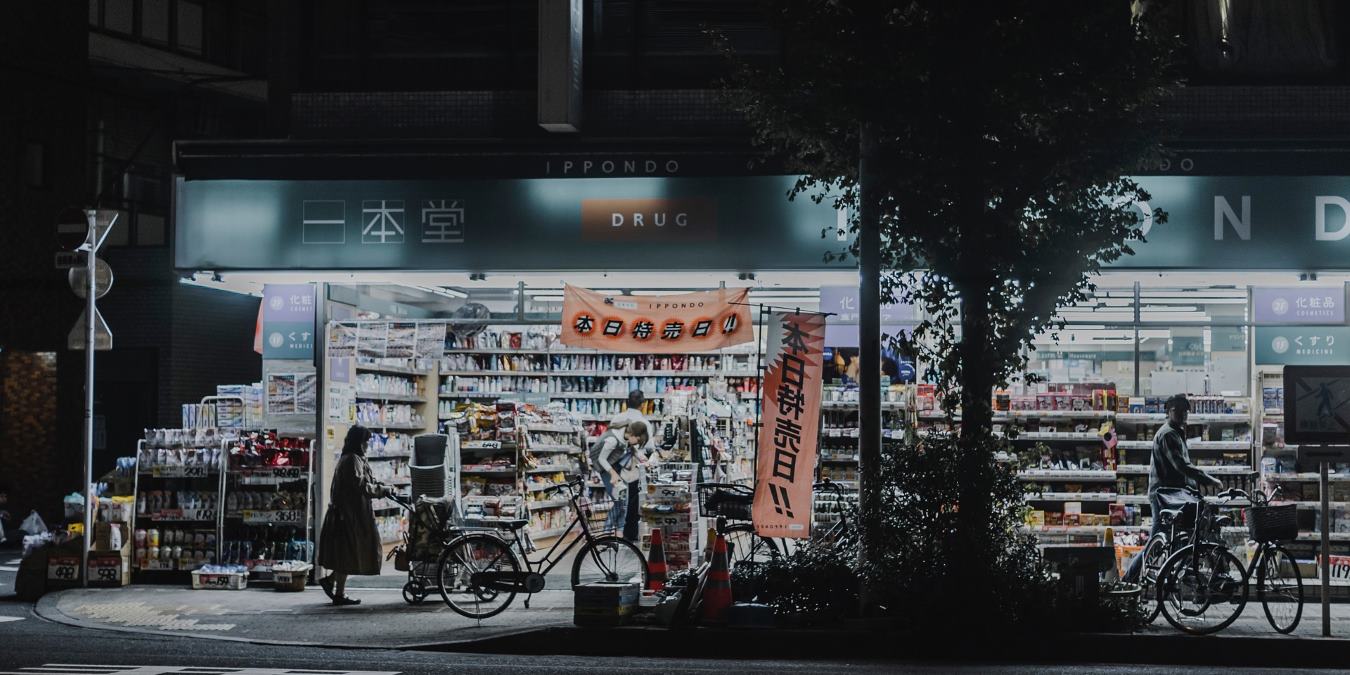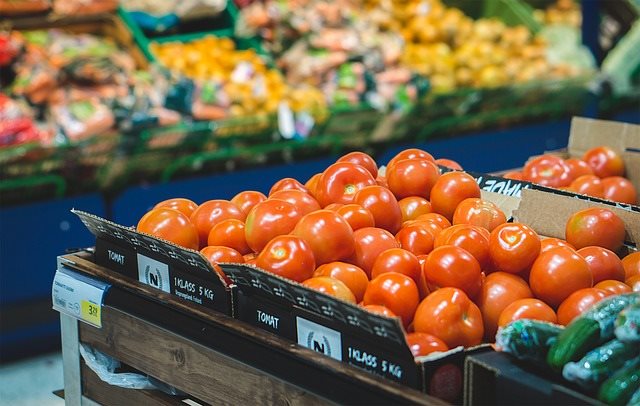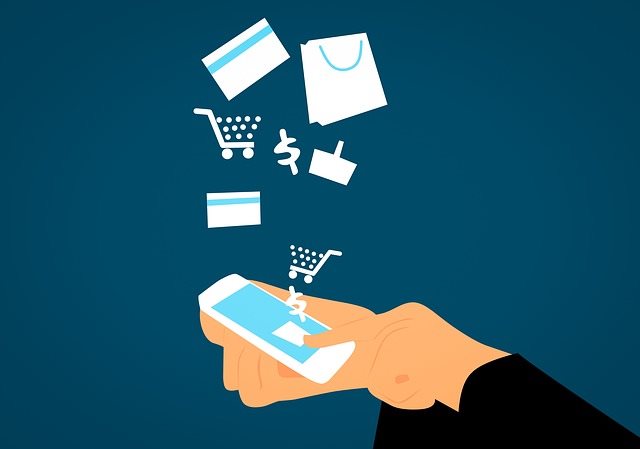
We’ve discussed in the past how RFID tags can be a great help for shipping and product distribution. With every product having its own “name tag,” they can be easily logged, tracked, and managed when they’re on the shelves.
Fortunately, this scenario is no longer a pipedream. A company in Japan called Lawson has taken up the challenge of implementing RFID tags onto their products. Lawson is one of the biggest convenience store chains in Japan, so this development is an exciting one for the world of IoT.
How the Technology Works
To get this job done, Lawson partnered up with a technology company called Impinj. Impinj helped out with their RAIN RFID technology, with a specific kind of RFID tag called the M700 IC. Lawson used the M700 ICs on their products to better run their stores.

“We are working on digitalisation of our retail locations to create the convenience store of the future,” said the deputy senior vice president of Lawson, Kunitsugu Makino.
“Once RAIN RFID technology is implemented throughout our entire supply chain and in all the products in our stores, the increased functionality enabled by the Impinj M700 ICs will give us better item-level inventory visibility while also allowing us to deliver frictionless consumer self-checkout and loss prevention.“
Makino’s insight into how RFID helped Lawson tells us how IoT may revolutionize stores.
He mentions “item-level inventory invisibility,” which in layman’s terms means that the store can keep track of where each and every product is. No need to dig around in “the back” to find products – the system knows where every item is, either on the shelves or in the storeroom.
Makino also mentions “loss prevention.” This is business talk for making sure products get sold without any of them being “wasted.” RFID tags allow companies to keep consistent track of their stock so they don’t forget or lose anything. It also helps prevent theft, as every RFID can also be used as a security tag.
How Might this Affect Us?
This is all well and good for us, but how does it affect us as consumers? Thankfully, the introduction of RFID only means good things for honest purchasers, while being a sore spot for people who shoplift.

For people who pay for their goods, they may find self-checkout systems develop around this technology. We’ve already seen Amazon Go, a kind of store where customers simply walk out with the goods they want, and Amazon then bills them for the items.
What if scanners were set up by shop entrances that scanned people’s bags as they left the store, found all the items within, then charged the customer on their card? Store queues may be a thing of the past; just take what you want and walk right out!
Revolutionizing the Shopping Experience
There has been a lot of excitement about how IoT can help ship and sell products, but not many companies have stood up to the plate. Lawson, however, is keen to be one of the first to adopt RFID tags with their products, and they hope it will reduce the issues that current stores face.
Do you think RFID tags will revolutionize stores? Let us know below!







